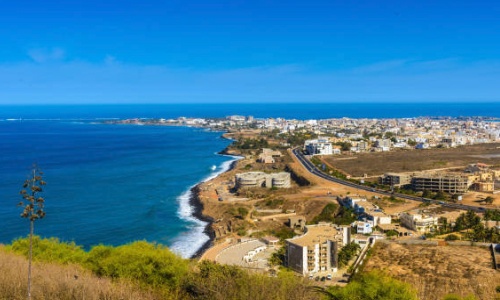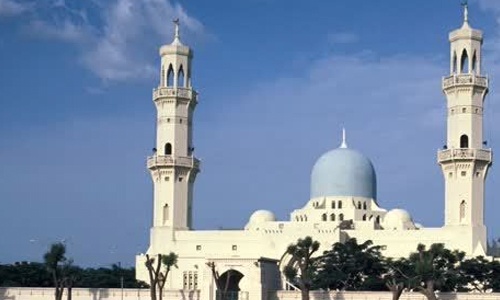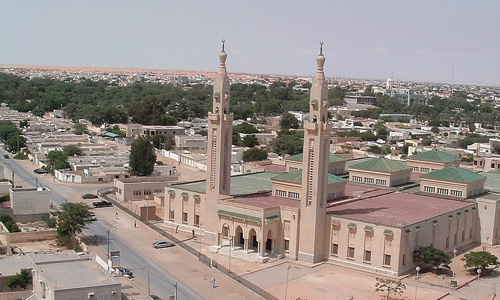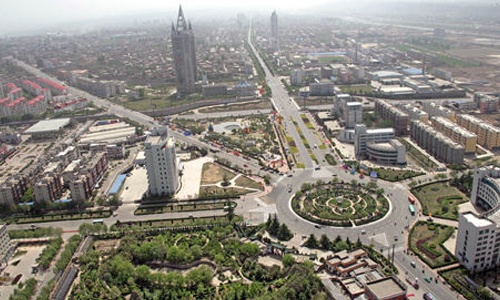
Dakar, Senegal
Dakar is the capital and largest city of Senegal. It is located on the Cap-Vert peninsula on the Atlantic coast and is the westernmost city in the Old World as well as on the African mainland. The city of Dakar proper has a population of 1,030,594, whereas the population of the Dakar metropolitan area is estimated at 2.45 million. The area around Dakar was settled in the 15th century. The Portuguese established a presence on the island of Gorée off the coast of Cap-Vert and used it as a base for the Atlantic slave trade. France took over the island in 1677. Following the abolition of the slave trade and French annexation of the mainland area in the 19th century, Dakar grew into a major regional port and a major city of the French colonial empire. In 1902, Dakar replaced Saint-Louis as the capital of French West Africa. From 1959 to 1960, Dakar was the capital of the short-lived Mali Federation. In 1960, it became the capital of the independent Republic of Senegal. Dakar is home to multiple national and regional banks as well as numerous international organizations. From 1978 to 2007, it was also the traditional finishing point of the Dakar Rally.









